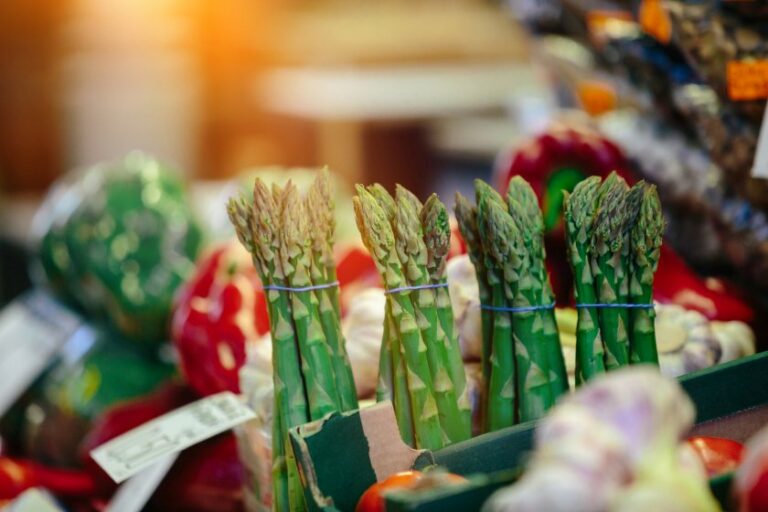New research reveals an overwhelming public preference for homegrown food as the UK navigates ongoing debates around trade deals and food imports.
According to Red Tractor’s latest Trust in Food Index, a record 94% of British consumers now trust UK-produced food — the highest level since the survey began.
The fifth edition of the annual index, which surveys over 2,000 UK adults, highlights deepening scepticism towards food imported from countries like the United States and India.
While trust in British food has surged, confidence in US food has plummeted to just 33%, down from 74% in 2023. Trust in Indian food has similarly fallen to 31% from 62%.
A striking 90% of respondents expressed a clear desire for more food to be produced within the UK, citing concerns over foreign standards, especially regarding animal welfare.
Nearly three in five Brits (57%) believe US food production standards fall short of the UK’s, a significant rise from 46% just two years ago.
The increase in public trust is attributed to rising confidence across all key areas of British food production.
A large majority now believe UK food is safe (90%), high quality (88%), and traceable throughout the supply chain (86%) — all metrics that have seen year-on-year improvements.
Animal welfare remains a core reason for consumer trust, with 83% citing it as a leading factor in their preference for British food.
Farmers, too, command strong public confidence, with 88% of shoppers placing their trust in them, followed by food assurance schemes at 79%.
Food assurance and inspection schemes are viewed as the most responsible parties for ensuring food safety and quality, ahead of government bodies and individual farmers.
Red Tractor chair Alistair Mackintosh underscored the significance of the findings: “The world leading standards to which British farmers operate sets us apart from our international competitors.
“It’s this dedication to quality, safety and animal welfare that underpins the trust consumers place in British food — and it’s something our farmers continue to earn every day through their hard work and high standards.”
Mr Mackintosh added that as discussions continue regarding potential imports — such as US beef — the UK must not compromise on its food standards.
“The UK government must value and continue to defend British food standards and our farming industry by ensuring that any imports meet the same high bar.
“Consumers are clear that it is important their food is produced here in the UK, and rightly expect that what they put in their shopping basket reflects British values.”
Shoppers who took part in the survey echoed this sentiment, voicing concern that British farmers are being undercut by cheaper imports.
One respondent remarked: “Too many cheap imports from countries that don’t have the same safeguards for crops or animals we do here.”
When it comes to imports, consumers indicated a strong preference for food from nearby nations with similar standards.
Ireland emerged as the most trusted foreign source for beef, chicken, pork, and dairy, with animal welfare practices seen as comparable to those of the UK.


